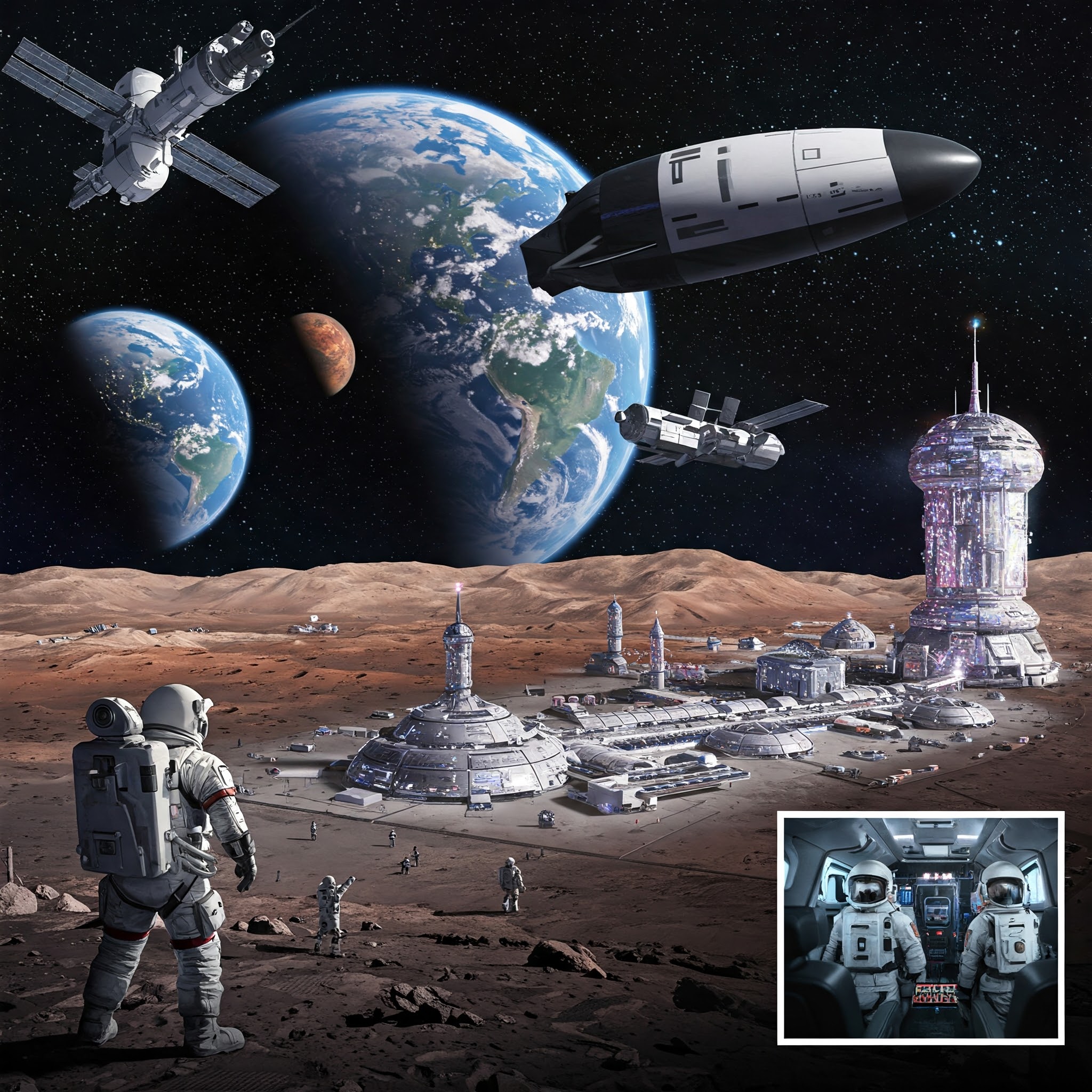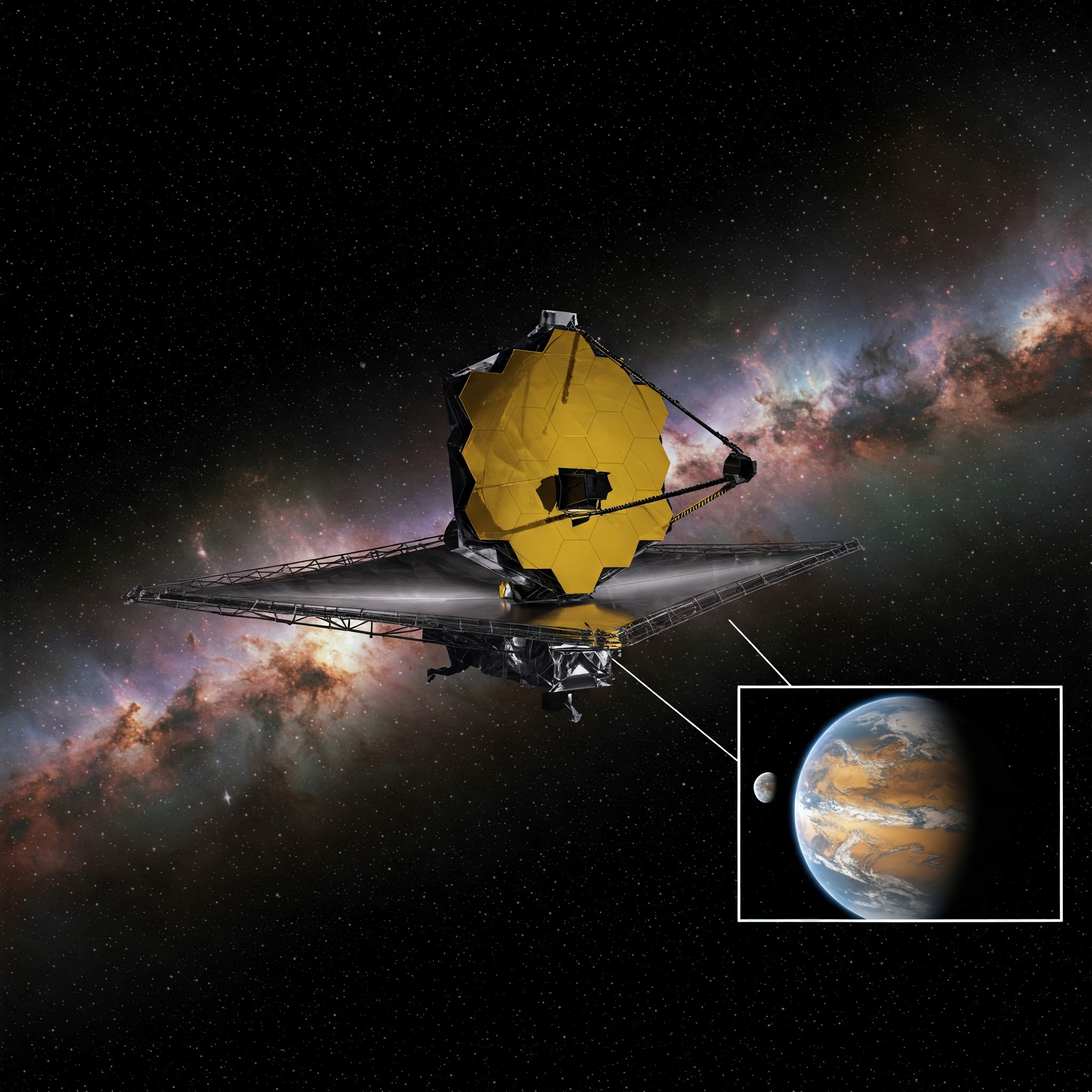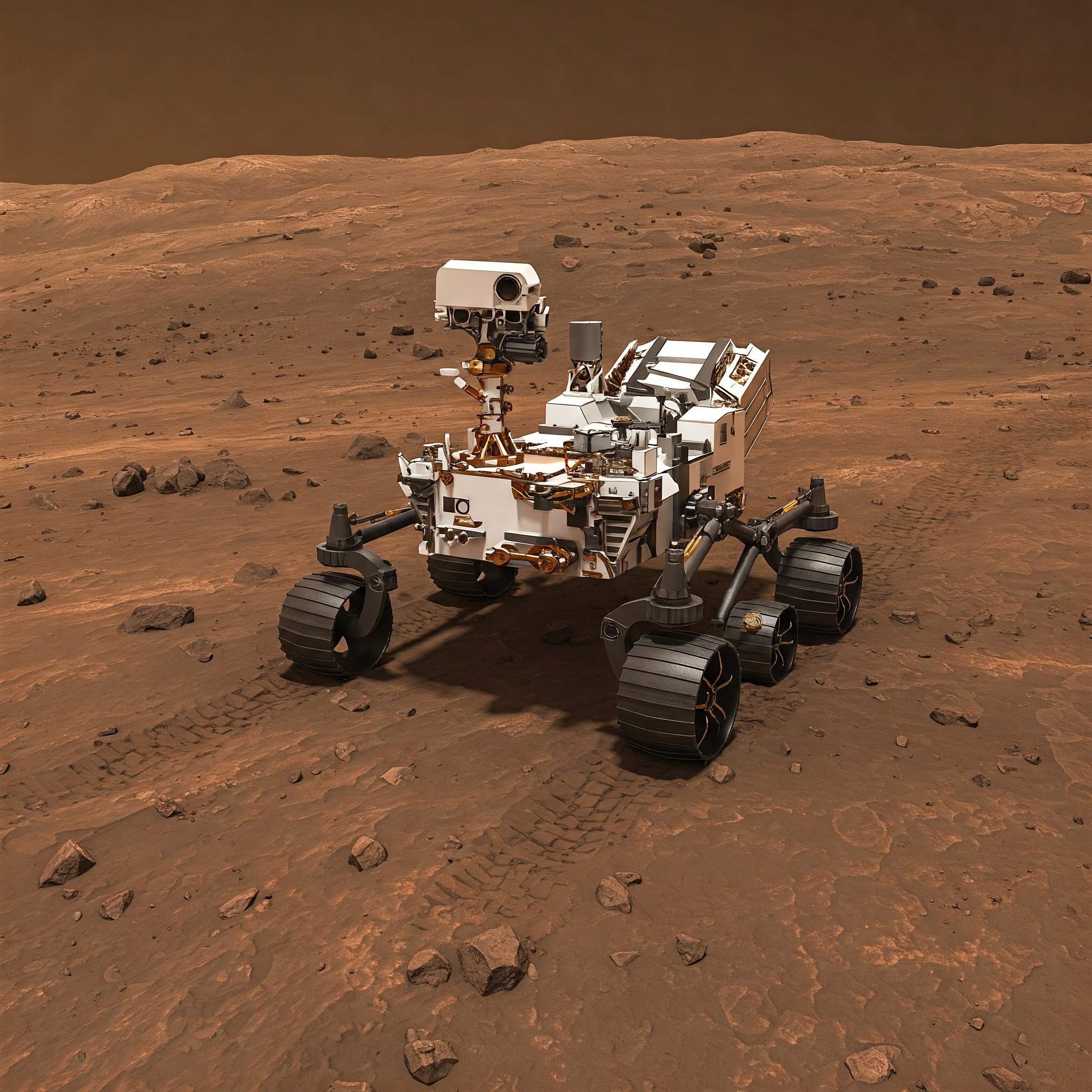Since the first successful moon landing in 1969, space exploration has come a long way. Today, space agencies and private companies are planning ambitious missions to the Moon, Mars, and beyond. But what does the future hold for humanity’s journey into the cosmos?

1. Returning to the Moon: NASA’s Artemis Program
The Moon has always been an important target for space exploration, but recent advancements are bringing us closer to returning. NASA’s Artemis Program aims to land the next humans on the Moon by 2024 and establish a sustainable presence by the 2030s.
Key goals for Artemis include:
-
Building a Lunar Gateway to serve as a space station orbiting the Moon, enabling easier access to lunar surface missions
-
Developing technologies for in-situ resource utilization, allowing astronauts to use Moon resources like water ice for drinking water or oxygen
-
Conducting long-term scientific research to prepare for deeper space exploration
2. Mars: The Next Frontier
While the Moon is a stepping stone, Mars is the ultimate destination for many space agencies, including NASA, SpaceX, and China’s space agency. Elon Musk’s SpaceX, in particular, has bold plans to send humans to Mars using the Starship spacecraft.
NASA’s Mars 2030 mission also aims to send astronauts to the Red Planet, where they will:
-
Study the planet’s geology and atmosphere
-
Search for signs of past microbial life
-
Test technologies for sustainable living, including habitats and food production
The long-term goal is to establish a human colony on Mars, making humanity a multi-planet species.
3. Space Tourism: Commercial Spaceflights for All?
As private companies like Blue Origin and Virgin Galactic continue to develop space tourism technologies, the dream of ordinary people traveling to space is becoming more feasible. Though currently reserved for the wealthy, the cost of space travel is expected to decrease over time as technology improves and the market expands.
Key goals for space tourism include:
-
Offering suborbital flights for a few minutes of weightlessness and views of Earth
-
Developing space hotels in low Earth orbit, where people can stay for extended periods in space
-
Future plans to send tourists to the Moon or even Mars for unique, once-in-a-lifetime experiences
4. Advancing Space Technology: AI and Robotics in Space
To push the boundaries of exploration, space agencies are relying on advanced artificial intelligence (AI) and robotics. These technologies are already being used to:
-
Drive rovers on Mars (e.g., NASA’s Perseverance rover)
-
Assist in space station maintenance and construction, including the use of autonomous robots
-
Plan and analyze data for upcoming missions, speeding up decision-making and improving mission success rates
AI and robotics will also be essential for future deep-space exploration, where human crews may not be able to travel.
5. The Search for Life Beyond Earth
As technology advances, scientists are not only sending spacecraft to explore new worlds—they are also searching for signs of life. Missions like the James Webb Space Telescope will help us study the atmospheres of exoplanets for possible signs of life, such as water or oxygen.
The SETI program continues to listen for signals from extraterrestrial civilizations, while future missions may send probes to moons like Europa and Enceladus, which are believed to have subsurface oceans that could harbor life.
6. Colonizing Space: The Long-Term Vision
While establishing colonies on other planets might seem far off, it’s a long-term goal that many visionaries, including Elon Musk, are passionate about. The idea is to build self-sustaining habitats on planets like Mars or even in space stations orbiting other celestial bodies.
Challenges include:
-
Creating life support systems that can operate for years or decades without Earth’s help
-
Developing sustainable food, water, and energy sources
-
Protecting humans from radiation in space
While it may take decades or even centuries, the dream of humanity becoming an interplanetary species is alive and well.
Conclusion
The future of space exploration is bright and full of promise. Whether it’s returning to the Moon, landing on Mars, or building space colonies, humanity’s journey into space is just beginning. As technology advances and new discoveries are made, the possibilities seem limitless.


